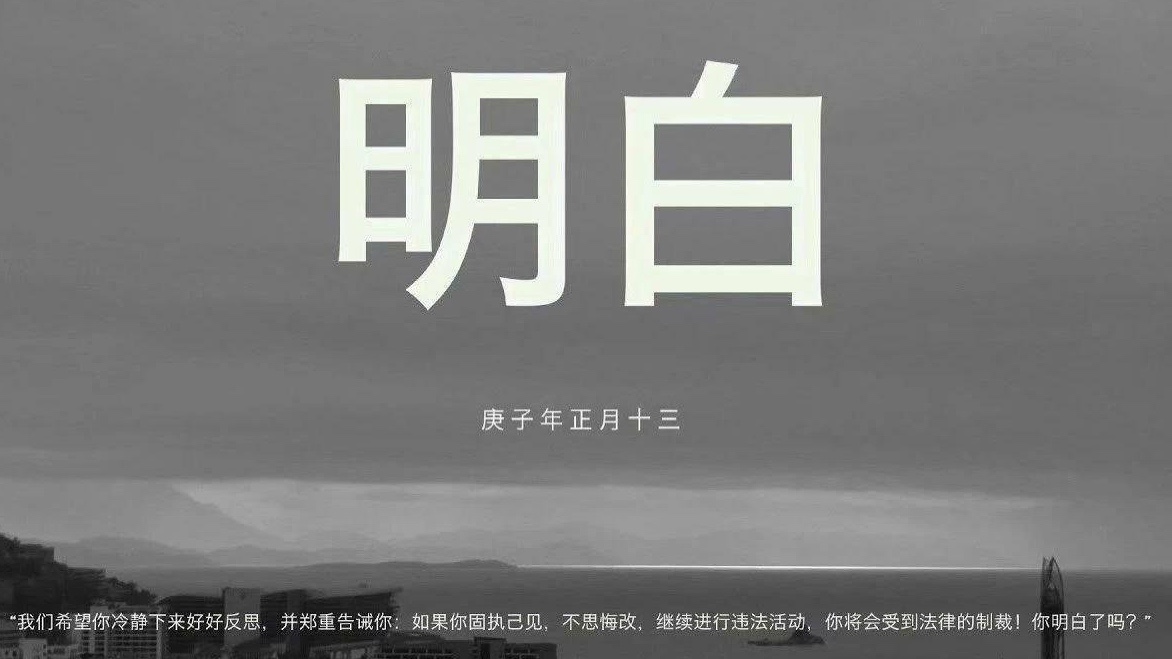 |
| We're in our house keeping our stuff in order because nobody else is going to help. |
Some outside Asia (and, honestly, some people here) seem to think Taiwan's success in dealing with COVID19 is due to "Confucian" ideals of collectivism and respect for authority which allowed the government to adopt measures that people in Western countries might find uncomfortably strict.
I don't want to search for too many examples because the entire line of thought makes me want to barf, but here's one:
In South Korea, as in Japan and Taiwan, the lingering cultural imprint of Confucianism gives a paternalistic state a freer hand to intrude in people’s lives during an emergency, says Lee Sung-yoon, an international-relations professor at Tufts University.
“Most people willingly submit themselves to authority and few complain,” Mr. Lee said. “The Confucian emphasis on respect for authority, social stability and the good of the nation above individualism is an ameliorating factor in a time of national crisis.”
Such thinking is difficult to refute, because it comes from an Asian source (dominant narratives that don't actually describe the experiences of many, but appear to come from the "same" cultural sources, are a challenge for this reason). But I'm going to invite the furor of the Whole Internet and say that Lee is wrong.
A cultural difference indeed exists, but at least for Taiwan, it was hard-won in living memory. First, seeing firsthand what SARS was capable of, people realized the need for immediate action and recognized government initiatives as wise (and they were). There's also the living memory of a police state in Taiwan, which helps draw a stark contrast between "a strong centrally-planned response" and "authoritarianism", because most Taiwanese remember the latter and can tell the difference.
Perhaps there is some additional "collectivism" baked into these cultures but I wouldn't go overboard with this: there's a point at which it becomes a stereotype. I see most "collectivist" action here as merely "not being stupid", and I'm an "individualistic" American.
In fact, if Taiwan had been in the WHO to begin with - or if the WHO didn't generally faff about with their thumbs up their butts - the world could potentially have been warned about this long before China officially recognized it, and "mitigation" strategies similar to the UK's might have had some effect. In fact, the UK's strategy, which was just announced to be a failure, sounds a lot like what Taiwan was doing as early as January 1. And it worked. Life is mostly normal here as a result.
That said, I can't help but quote this wonderful tweet:
Not entirely analogous: Taiwan has a strong, medically-trained political core. Meanwhile, the UK has Boris Johnson as leader, and the health minister (Hancock) would have to gain 10 IQ points to be considered comatose.— Death. (@Lazarusfabulous) March 17, 2020
And, of course, threatened by China and ignored by the WHO, there is a recognized need to "deal with this ourselves" because Dr. Tedros sure ain't coming to save us (or anyone, but especially not Taiwan). So people do as asked by a government that appears competent, which they've just re-elected by historic margins, and a Central Epidemic Command Center that is doing a better job than the WHO. The results are visible, so people trust them. That's not "Confucian", that's "not being stupid".
Do I swan about writing editorial bullshit about how "the Western failure to contain with COVID19 is due to the cultural imprint of Aristotelianism"? No. Because that's dumb. Stop being dumb.
In fact, Confucius is about as relevant to the average Taiwanese person as Aristotle is to you.
Think the comparison doesn't work? I assure you that it does. Ancient Philosopher Guy from a foreign land (because Taiwan is not China, and South Korea isn't China either) does some philosophy which is considered impactful enough to still be studied today?
Yup, checks out. Except only one is touted as the foundation of several distinct cultures, rather than what he really was: an important thinker, sure, but not the Father of All Things.
Also, let's talk "respect for authority" and people who "don't complain". Let's talk about things that would make dear old Confucius turn over in his grave.
Not too long ago, Taiwan looked a dictatorship in the face and said "get fucked". And it actually worked! South Korea did the same thing.
And they did it without an army - against an army, in fact. They did it with few resources and no firepower. They had only themselves and the power of their words and unarmed bodies.
Did your parents and grandparents do that?
No?
Then sit down, Billy McFreedomfries.






